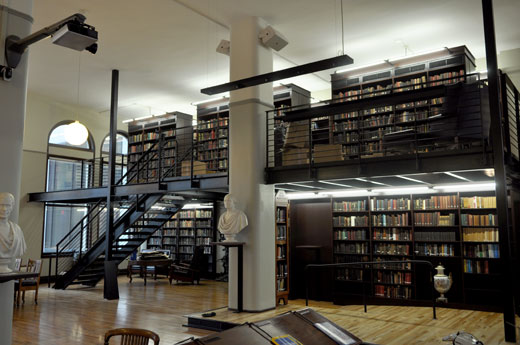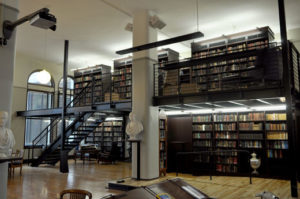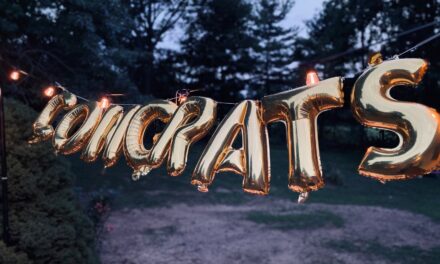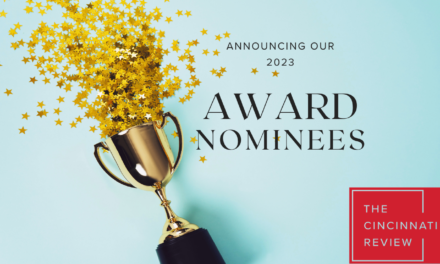(Editors’ note: Every year, the Mercantile Library, a local membership library, sponsors the Niehoff Lecture, a black-tie fundraiser that brings a literary star to Cincinnati for a dinner and lecture. For this year’s event, novelist Zadie Smith was interviewed by Jim Schiff, a professor of English at the University of Cincinnati and a great friend of the CR. Thanks to a donor, several UC students, including Claire Kortyna, were guests at the dinner.)
Editorial Assistant Claire Kortyna: “He couldn’t have been more horrified if I’d have said I wanted to go into porn!” The crowd erupted into laughter as Zadie Smith explained her Cambridge University adviser’s reaction when she told him about her decision to write a novel: “Serious people became academics, and novelists were idiot savants you studied when they were dead.” She shook her head and grinned.
Smith spoke at Cincinnati’s Westin Hotel on November 4 as part of the Mercantile Library’s thirtieth Niehoff lecture. A few lucky graduate students, myself included, got to join Jim Schiff—writer, professor, and the evening’s emcee—at a table with her. Dinner was an extravagant affair: wedges of Camembert with the salad, fudge-stuffed beignets alongside bourbon-glazed peaches for dessert. A black-and-white close-up of Smith’s face was the cover image on the card-stock menu. No, she told us, this wasn’t her first time on a dinner list.
After the meal Smith and Schiff took a seat above us on a small stage in two leather armchairs. Catching an offhand comment, Schiff nudged Smith for more reflection on her education at Cambridge. Before he finished the question, she had already begun to nod, head wrapped in carmine red.
“I’ve had PTSD thinking back on it recently,” she said, chuckling to herself, and mentioned how there were only two other black girls in the entire university. Smith recrossed her legs, the gold sequined sparrows on the piping of her dress shifting and sparkling in the stage lights. “My first year was really a struggle.”
It is clear that this somewhat hostile writing environment, with its strong emphasis on study over creation, deeply shaped both Smith’s writing process and her stance on what writing should be. Trained exclusively in Cambridge University’s idea of the classics, where even her attempt to study Nabokov was rejected because the subject was “too modern” (he died in the seventies), Smith’s works, particularly On Beauty and NW, imitate eighteenth-century narratives in both plot and style.
These two books were also in part the reason we’d been granted us our hallowed positions at the dinner: We’d spent the semester studying variations in omniscient narration, which are featured differently in On Beauty and NW. This more distant point of view was seemingly out of fashion until Smith came around and her cleverly modernized portrayal of these techniques reinvigorated the literary scene. Even the novel that was so repellent to her adviser, White Teeth, made her an international sensation for just this reason. Smith herself describes White Teeth as an amalgamation of studies in various authors, one that she sees as a “creative dissertation” more than a novel. And it is this that served to mark her, rather ironically, as a “serious” writer.
It seems the key lesson was this: to write well, look to the greats. We don’t have to reach as far back though, since we’re lucky enough to have Zadie Smith.
Claire Kortyna’s nonfiction has been published in the Dubuque Area Writers Guild Movement Anthology, The Offbeat, Crack the Spine, and others. Her essay “Lunar Musings” won Flyway: Journal of Writing and Environment’s Home Voices Contest. She earned her MFA at Iowa State University and is a PhD candidate at the University of Cincinnati.












